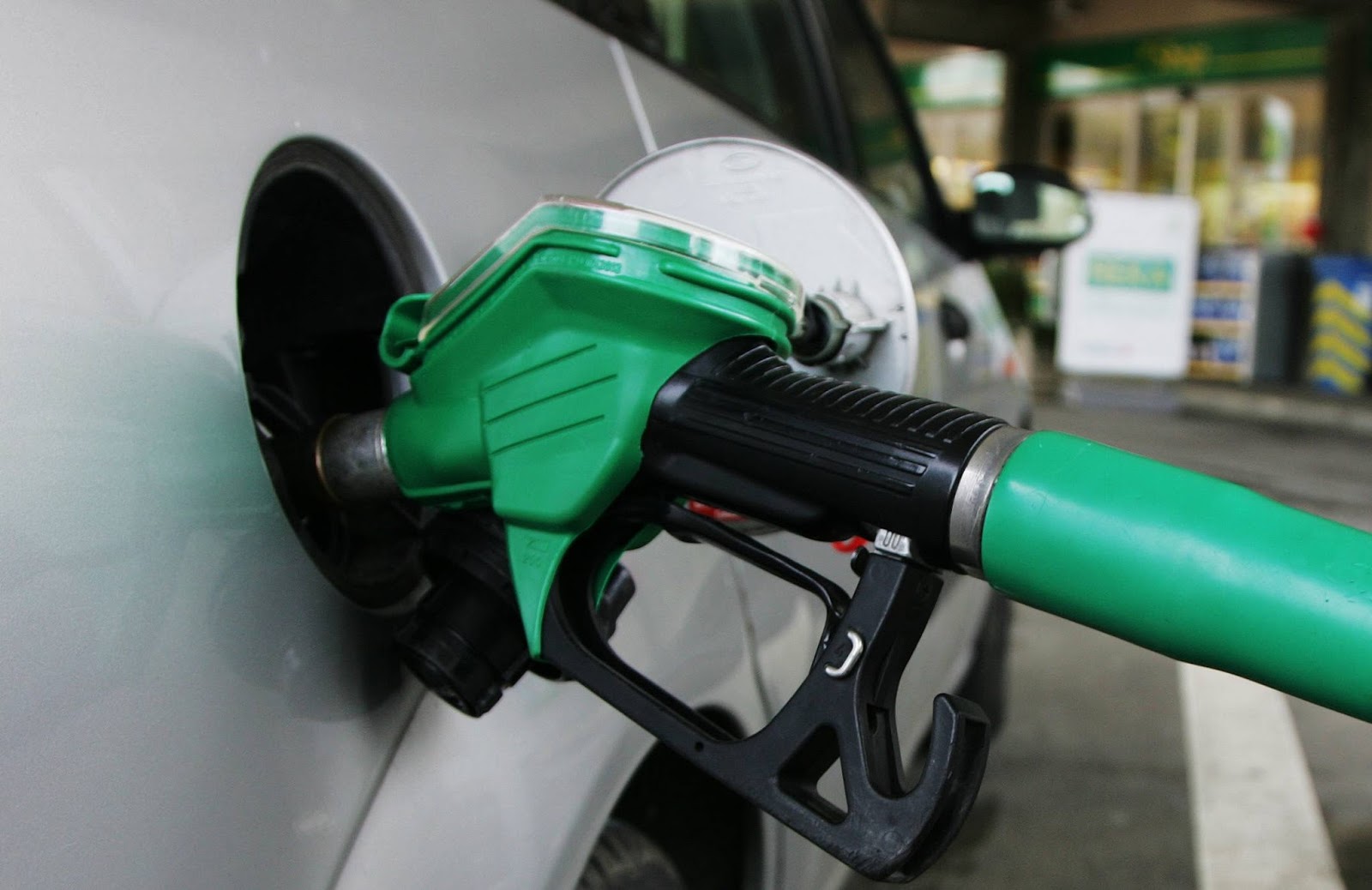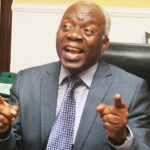As an active participant in the decades-long contestation between government and organised labour over serial fuel price increases from 1988 to date, I bear witness that apart from policy disagreement, one recurring decimal is non-consultation on the part of the government.
Better late than never that President Muhammadu Buhari last Friday after meeting with Labour Minister, Senator Chris Ngige, gave the approval for the relevant government agencies in charge of finance to meet with organised labour over the twin issues of fuel and energy pricing. Tomorrow (Tuesday) rescheduled meeting with organised labour and civil society hopefully offers an opportunity for future continuous proactive constant engagement with organised labour and citizens on all policy reforms and socio-economic issues in the country.
The best engagement would have been before the price announcement. Government, therefore, has a singular task of regaining trust lost due to dialogue after policy pronouncement. Nigeria Labour Congress (NLC), Trade Union Congress (TUC), Industrial Global Union and many civil society organisations had condemned the recent increase in the petroleum pump price occasioned by the removal of fuel subsidy and the electricity tariff hike without consultation and had even called for a reversal with immediate effect with threats of mass protests and strikes.
The point cannot be overstated: policy dialogue (in place of policy dictatorship!) is necessary to prevent and apprehend incessant stoppages and protests in the country. In any case, after unilateral official fuel pricing/ tariffs hikes and predictable labour’s reaction, all parties must still return to engagement and discussions. Why not then save the energy in collectively managing policy changes?
The 3rd American President, Thomas Jefferson once observed (and I agreed) that “I never saw an instance of one or two disputants convincing the other by argument’. Both the arguments for and against fuel and electricity price increases are as convincing and alluring, at least who is advancing the arguments for and against. But through genuine social dialogue, the arguments as part of contestation would lead to some cooperation and win- win outcomes in sustainable policy formulation.
Nigeria is a signatory to relevant ILO conventions and recommendations dealing with tripartite consultation and social dialogue. Nigerian constitution with all its limitations, also envisages that Nigerians are both the drivers and beneficiaries of development. Therefore the inputs of organised labour and civil societies are very critical in ensuring reforms in both the power and petroleum sectors. The burden is on the part of the government to come to dialogue with an open mind.
The issue is not ideological as much as it’s pragmatic and developmental. The issue should not be between market-determined or state pricing fixing. While public revenue and pricing for petroleum and electricity are important, so also value addition, beneficiation (within the context of the revival of energy and petroleum industry), decent jobs for sector workers as well as public welfare in an era of COVID:19 pandemic. So, it’s not just to trade facts, “inform” each other but rightly reason together for a sustainable policy outcome.
Sustainable Development Goals (SDG) 17 emphasises partnership among all development actors to achieve the objectives of other critical goals dealing with poverty and hunger eradication (Goals 1&2), Decent work and economic growth, (Goal 8) Industry, Innovation and Infrastructure (Goal 9). Happily, Tuesday promises all-inclusive meeting that includes on the part of the government, the Honorable Minister of Labour the Conciliator-General of the Federation, the Minister of Finance and National Planning, the Director-General, Budget Office, the Group Managing Director of the Nigerian National Petroleum Corporation (NNPC), the Minister of Power, the Minister of State for Petroleum, the Governor of Central Bank of Nigeria and the Nigeria Electricity Regulatory Commission (NERC).
The elephant in the room would be the NNPC. There is no doubt that NNPC Group Managing Director (GMD), Mallam Mele Kyari, has brought a lot of dynamism and activism to the corporation in recent times. He had challenged 200 million Nigerians to take ownership as “the true owners” with a promise of regular accountability. Commendably and significantly too it broke the accountability crisis of the corporation on June 12, by releasing the NNPC’s audited annual reports and financial statements for the year ended December 31, 2018.
Also with a promise to expedite actions on the corporation’s preparation and subsequent release of its 2019 audited financial statement. The report for once highlights the performance of 20 of its subsidiary companies operating within and outside Nigeria. The point cannot be overstated that with all the innovations, petroleum downstream sector is still in crisis manifested in a number of ways namely; collapse of the four national refineries (100 percent of our petroleum products needs come through wholesale corruption-ridden products imports with all the attendant pressure on foreign exchange, and pricing), corruption-ridden import parity-pricing model import, which makes products prices unacceptably prohibitive, poor infrastructures/ pipelines insecurity, irregular turn around maintenance (TAM), TAMs, pipeline security, non-metering, non-upgrading our old (Brownfield) refineries, and urgent need for building new (Greenfield) refineries. Nigeria never lacks retail outlets of ever hoarded products.
Why will Nigeria not adopt production cost pricing method instead of the current import parity cost pricing to ensure appropriate products pricing?. Whatever pricing strategy, what product price can citizens out of 7-month lockdown occasioned by pandemic pay? Who pays? Workers with a fixed minimum wage? Or pensions with accrued rights in billions of Naira? Which then raises the pattern of public revenue spending? Will labour and humans be prioritised in public spending? are some questions begging for answers?
Certainly, there cannot be a production cost pricing method without first domestic production through a revival of the domestic refineries. Nigeria needs functioning refineries. Nigeria should learn from countries like Algeria, India and South Africa, which are promoting beneficiation, industrialisation, value addition, decent mass employment through domestic refineries.




